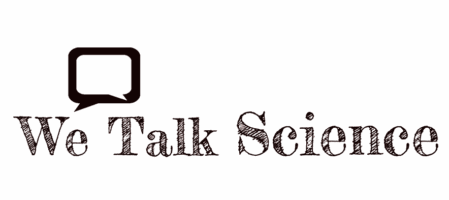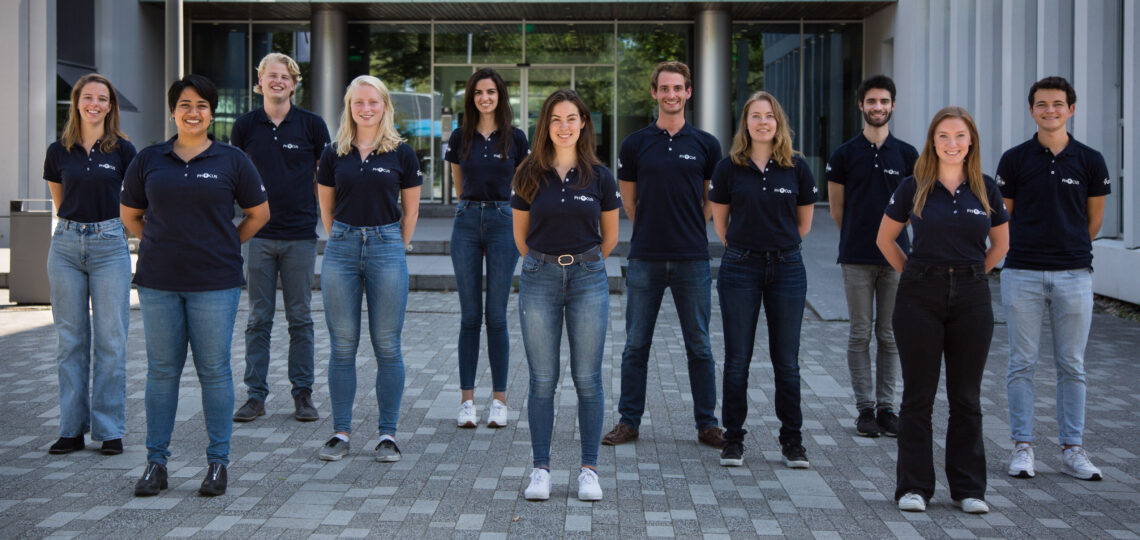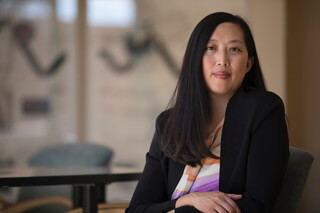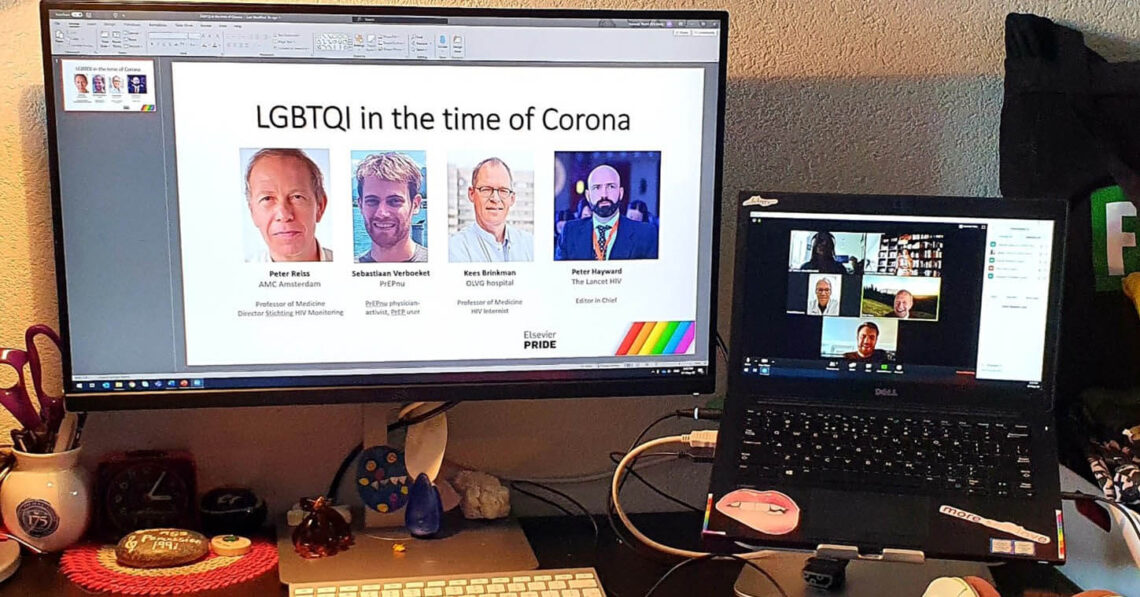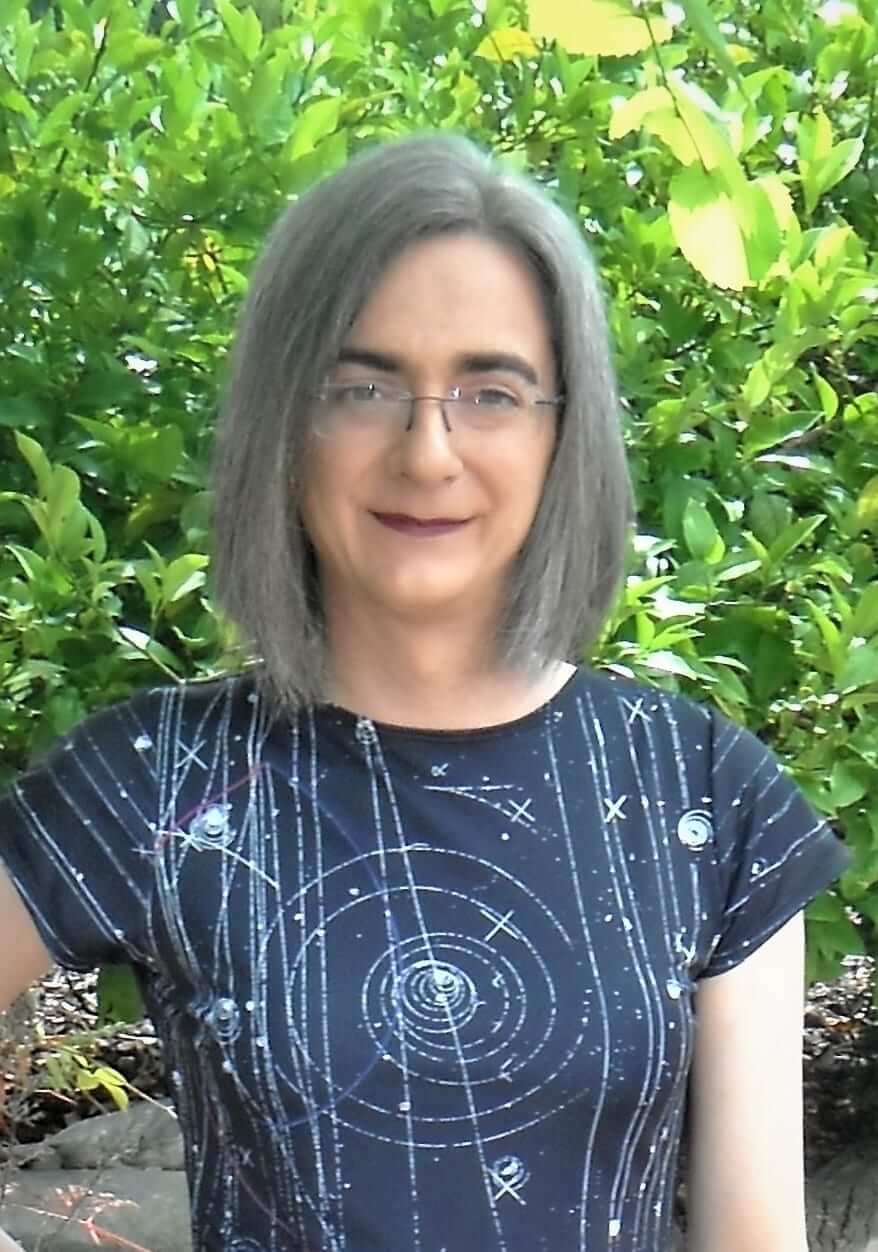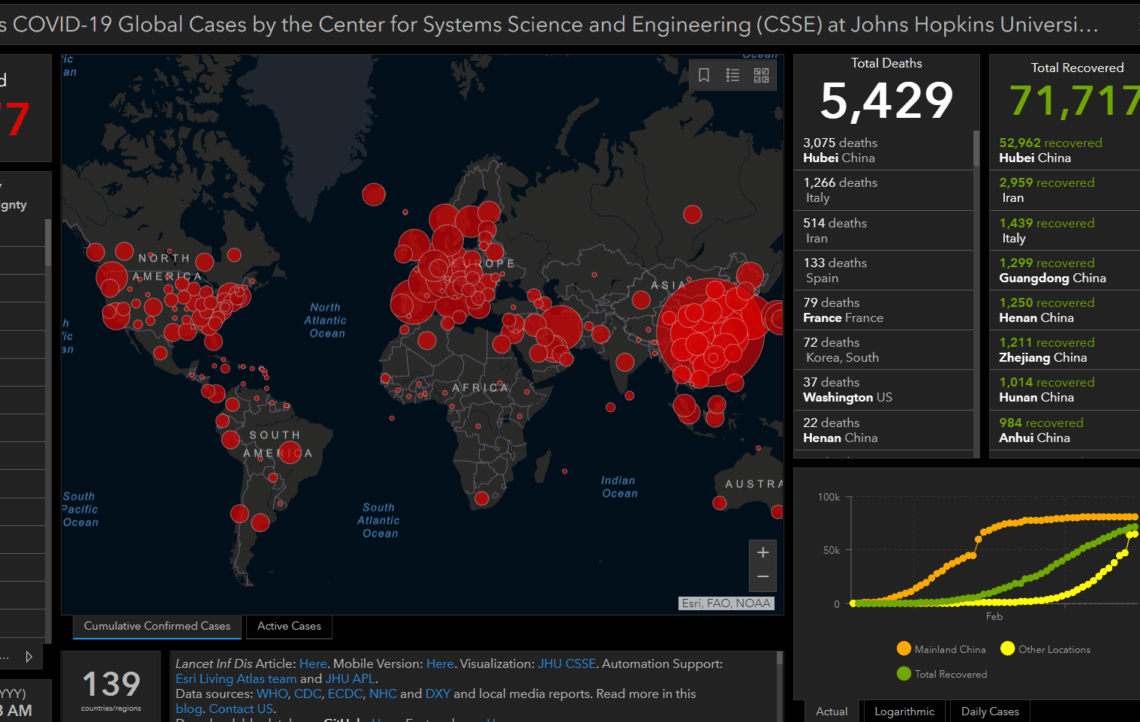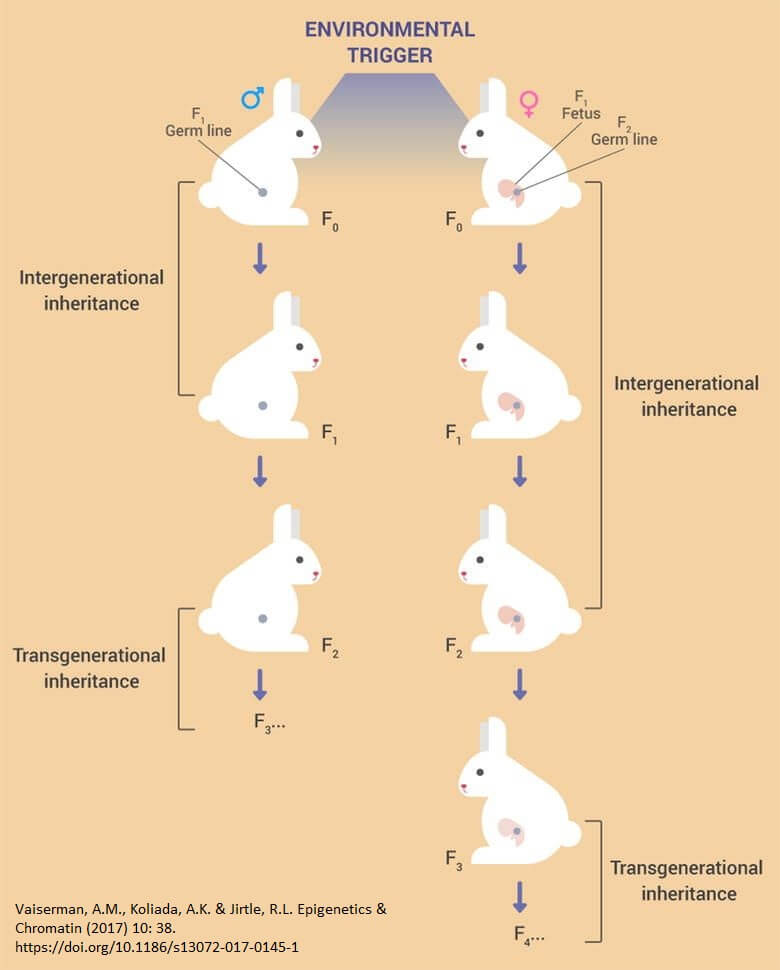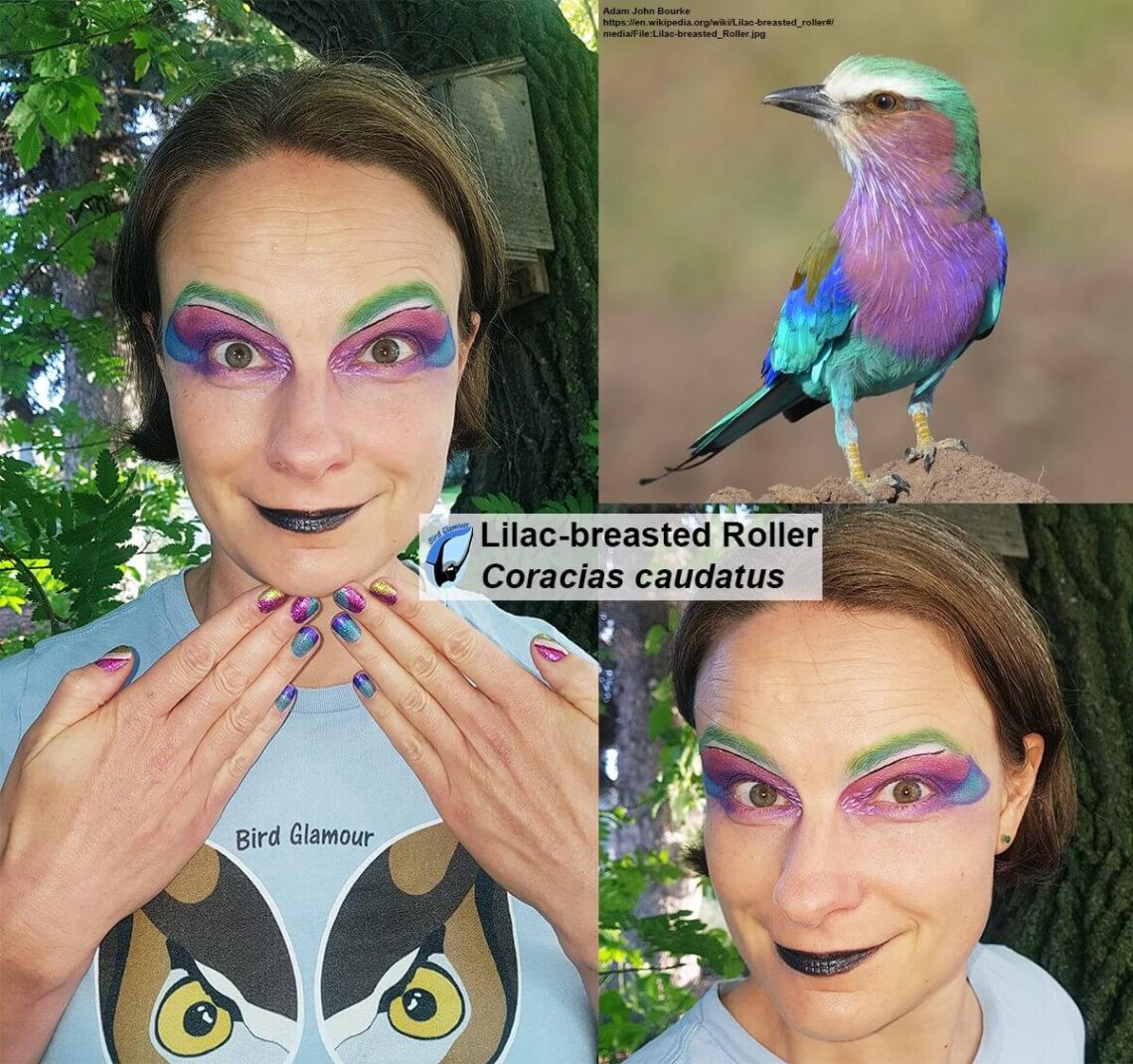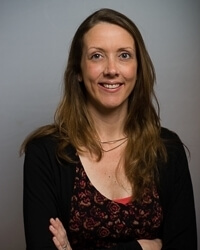A strategy to rid crops of locusts. Massive locust swarms have threatened the food security of communities and cities in East Africa, Asia and the Middle East [1 – 3]. In 2020, eleven ambitious students, representing TU Delft, are competing in iGEM, the largest synthetic biological competition in the world. are working hard to tackle this problem. Their mission is to develop a sustainable bio-pesticide through responsible innovation and collaboration. By engineering a bacteriophage that would hijack the locust microbiome to produce a novel endotoxin, they hope to create a specific, scaleable and biologically safe method to kill locusts when…
-
-
Running against the clock in AMR The problem of pathogens acquiring resistance to the antimicrobial drugs that we have is a known issue. While we scramble to find new, improved drugs against these superbugs, researchers like Pamela Yeh are looking into how to use combination of the drugs we already have. Here she talks about using 2-, 3- and multi drug combinations and what the implications are in the field of anti-microbial resistance. References Alejandra Rodrı ́guez-Verdug, Natalie Lozano-Huntelman, Mauricio Cruz-Loya, Van Savage, Pamela Yeh. Compounding Effects of Climate Warming and Antibiotic Resistance. https://doi.org/10.1016/j.isci.2020.101024 Pamela Yeh, Ariane I Tschumi &…
-
Recognizing vulnerable communities in pandemics These times of lockdown due to COVID19 are tough for us all. There are some communities however, where there are specific fears and issues that affect them specifically. To look at the science of SARS-CoV2 and how it affects the LGBTQI community, specifically those who are HIV positive, I hosted a panel session as part of the Elsevier Pride ERG. My guests included Prof. Peter Reiss (University of Amsterdam), Dr. Kees Brinkman (OLVG hospital Amsterdam), Sebastiaan Verboekhout (PrEP Nu), and Dr. Peter Hayward (The Lancet HIV). Read the full story, and watch the video: ©…
-
“We’re made of star stuff.” (Carl Sagan) We have had questions about the stars ever since we looked upwards at the sky. How was the universe born? How do stars live and die? How will the universe itself end? And when? I interviewed Dr. Jan Eldridge, who studies stars in our galaxy and those on the edge of observable space, using an algorithm that she built called the Binary Population and Spectral Synthesis code (BPASS, bpass.auckland.ac.nz). Jan gave me some fantastic insights not only into the life cycle of stars, but also about her important work in the LGBTQI sphere and…
-
Microbes like living together, as it turns out. We learn in school that bacteria are single celled organisms, self sufficient in their genetic and protein machinery. However, in nature bacteria and other microbes like fungi actually prefer to live in communities, with heterogeneous populations that confer important properties to the survival of the community. This is called a biofilm. I had the distinct pleasure of interviewing Tom Coenye, who explains the concept of biofilms, and also some of the exciting interdisciplinary research that he has been doing to access the depths of a microbial city (hint: it involves lasers!). Tom…
-
A resource of sane, up-to-date websites on COVID19 It is hard to escape the Corona phenomenon in the media these days, as a deluge of news, blog posts (like this one), memes and jokes hit us left right and center. Along with this of course is the barrage of supposed miracle cures and dooms-day scenarios, which have people going off in a frenzy to hoard supplies like the zombie apocalypse is coming. I have compiled a list of websites below that give accurate, up-to-date and evidence based information on what is happening on the ground. First of all, what is…
-
The sins of the father revisited? I had the privilege recently of taking part in a family constellation exercise. The supposed objective of this is to uncover trauma or events experienced by previous generations, that have caused discordance in the family dynamic, which are then inherited by the present individual resulting in problems or difficulties. While this was entirely based on psychological concepts and maybe some pseudoscience (I went in with my usual dose of healthy skepticism), I was surprised to learn much later on that such a concept does exist biologically. It is called transgenerational inheritance. We all inherit…
-
What is more exciting than looking for dinosaurs? Dinosaurs have captured human imagination across the globe through popular culture. The thrill of finding remnants of these almost mythical creatures that lived thousands of years ago, and putting together the puzzle of their nature has been the driving force of the field of paleontology for years. Some lucky individuals are in the driver’s seat of researching the pre-historic, and one of them is Dr. Lisa Buckley. Lisa is a vertebrate paleontologist, who specializes in the study of the tracks and traces of Mesozoic animals, specifically Cretaceous-age (145 million years ago to 66…
-
An interview with an investigative science journalist Doing unbiased science is somewhat of a given in the world of research, but how do you ensure that reporting of this science is unbiased, free of sensationalism and yet interesting and understandable to the general public? In this podcast, I spoke to Jop de Vrieze (1), a freelance investigative science journalist, and asked him how he ensures what he reports is unwaveringly true to fact. Jop gives a thorough picture of his incredibly interesting job, where he reads literature, talks to scientists, and then writes a story about the topic, which sometimes…
-
What does science say about work place inclusion? We all know in theory that people feel happier and work better together if they are accepted by their immediate community for being who they are, but is there actual science that proves this point? What is needed to actually bring about social change? What role do allies have in this process? In celebration of Pride around the world this summer, I had the pleasure of interviewing Jojanneke van der Toorn, who is a joint professor with both Leiden University and Utrecht University. In this podcast, she outlines the basic concepts of…
